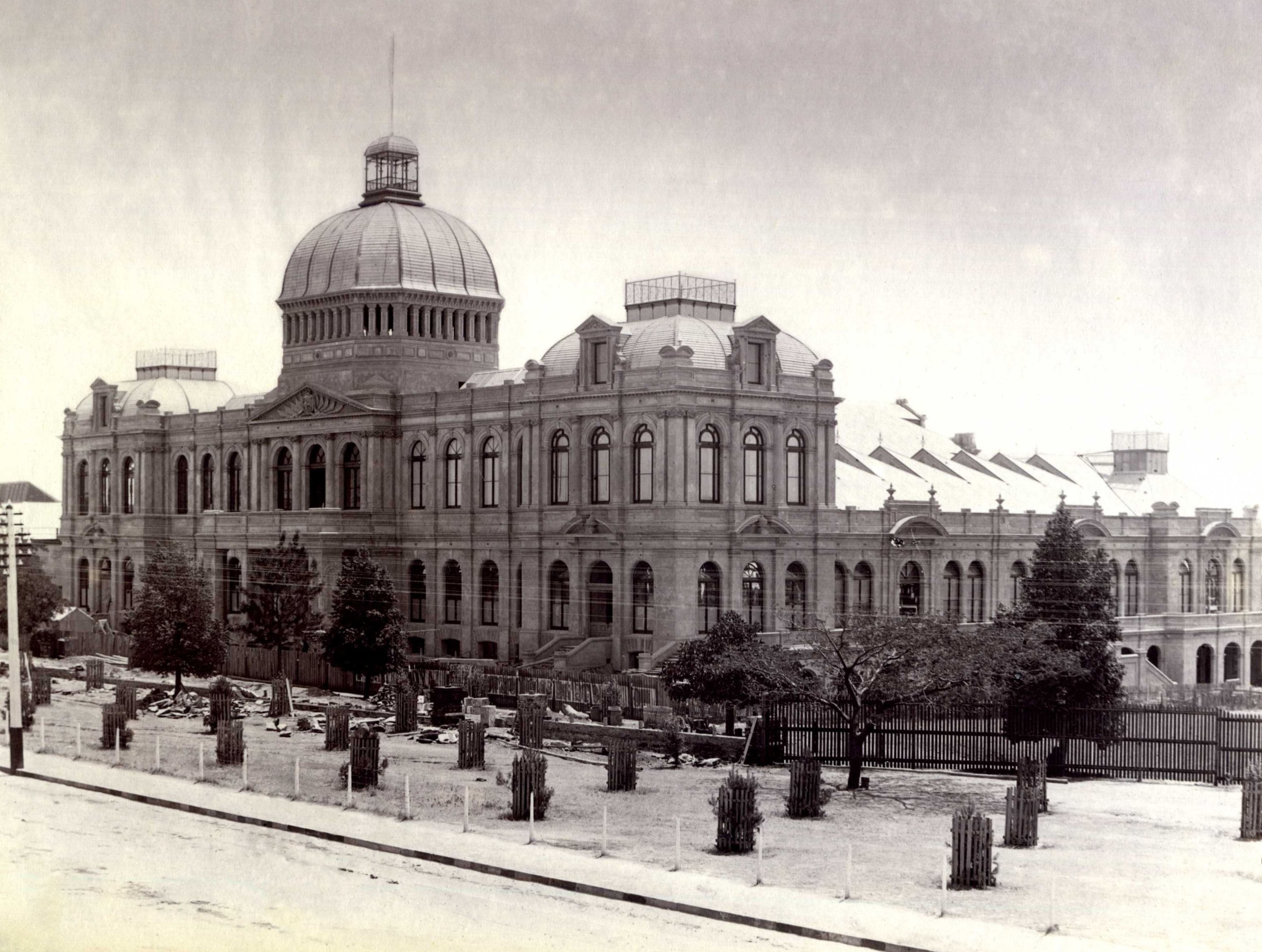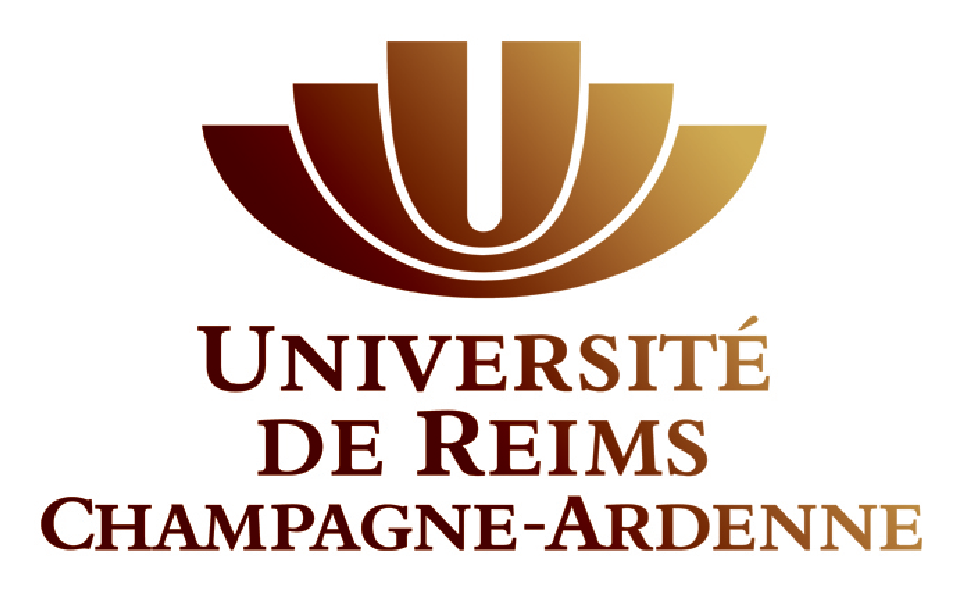|
Oenology
Oenology (also enology; ) is the science and study of wine and winemaking. Oenology is distinct from viticulture, which is the science of the growing, cultivation, and harvesting of grapes. The English word oenology derives from the Greek word ''oinos'' ( οἶνος) "wine" and the suffix ''–logia'' ( -λογία) the "study of". An oenologist is an expert in the science of wine and of the arts and techniques for making wine. Education and training University programs in oenology and viticulture usually feature a concentration in science for the degree of Bachelor of Science (B.S, B.Sc., Sc.B), and as a terminal master's degree — either in a scientific or in a research program for the degree of Master of Science (M.S., Sc.M.), e.g. the master of professional studies degree. Oenologists and viticulturalists with doctorates often have a background in horticulture, plant physiology, and microbiology. Related to oenology are the professional titles of ''sommelier'' and master ... [...More Info...] [...Related Items...] OR: [Wikipedia] [Google] [Baidu] |
University Of Adelaide
The University of Adelaide is a public university, public research university based in Adelaide, South Australia. Established in 1874, it is the third-oldest university in Australia. Its main campus in the Adelaide city centre includes many Sandstone universities, sandstone buildings of historical and architectural significance, such as Bonython Hall. Its royal charter awarded by Queen Victoria in 1881 allowed it to become the University of London, second university in the English-speaking world to confer degrees to women. It Adelaide University, plans to merge with the neighbouring University of South Australia, is adjacent to the Australian Space Agency headquarters on Lot Fourteen and is part of the Adelaide BioMed City research precinct. The university was founded at the former South Australian Society of Arts, Royal South Australian Society of Arts by the Union College and studies were initially conducted at its State Library of South Australia, Institute Building. The soc ... [...More Info...] [...Related Items...] OR: [Wikipedia] [Google] [Baidu] |
Australian Wine Research Institute
The Australian Wine Research Institute (AWRI) is a research institute with a focus on Australian wine, based in Adelaide, South Australia. Location It is based at the Wine Innovation Cluster, situated in the Waite Research Precinct, in the Adelaide suburb of Urrbrae, South Australia. History The institute was established in 1955 at the Waite campus of the University of Adelaide. It is funded by grape growers and wineries. Its first scientific chief was John Fornachon. An early researcher was Bryce Rankine, who later taught at the Roseworthy College, an oenology institution. The primary aim of the institute in the 1950s was to create good Australian table wines as opposed to traditional fortified wines.Max Allen, ''The History of Australian Wine: Stories from the Vineyard to the Cella Door'', Carlton, Victoria: Victory Books, 2012, p. 79 Research done by the institute has looked at "oxidation, hazes and deposits caused by trace amounts of iron and copper, and the need f ... [...More Info...] [...Related Items...] OR: [Wikipedia] [Google] [Baidu] |
Winemaking
Winemaking, wine-making, or vinification is the production of wine, starting with the selection of the fruit, its Ethanol fermentation, fermentation into alcohol, and the bottling of the finished liquid. The history of wine-making stretches over millennia. There is evidence that suggests that the earliest wine production took place in Georgia and Iran around 6000 to 5000 B.C. The science of wine and winemaking is known as oenology. A winemaker may also be called a #Winemakers, vintner. The growing of grapes is viticulture and there are List of grape varieties, many varieties of grapes. Winemaking can be divided into two general categories: still wine production (without carbonation) and sparkling wine production (with carbonation – natural or injected). Red wine, white wine, and rosé are the other main categories. Although most wine is made from grapes, it may also be made from other plants. (See fruit wine.) Other similar light alcoholic drinks (as opposed to beer or Liq ... [...More Info...] [...Related Items...] OR: [Wikipedia] [Google] [Baidu] |
Brock University
Brock University is a public university, public research university in St. Catharines, Ontario, Canada. It is the only university in Canada in a UNESCO Biosphere Reserve, at the centre of Canada's Niagara Peninsula on the Niagara Escarpment. The university bears the name of Isaac Brock, Maj.-General Sir Isaac Brock, who was responsible for defending Upper Canada against the United States during the War of 1812. Brock offers a wide range of programs at the undergraduate and graduate levels, including professional degrees. Brock was ranked third among Canadian universities in the undergraduate category for research publication output and impact indicators in 2008 (the most recent ranking completed). Brock University is the only school in Canada and internationally to offer the MICA (Mathematics Integrated with Computing and Applications) program. Brock University's Department of Health Sciences offers the only undergraduate degree in Public Health in Canada. At the graduate level, ... [...More Info...] [...Related Items...] OR: [Wikipedia] [Google] [Baidu] |
Université De Bourgogne
The University of Burgundy Europe (, UBE; formerly known as University of Dijon) is a public university located in Dijon, France. The University of Burgundy Europe is situated on a large campus (more than 150 ha) in the eastern part of Dijon called Campus Montmuzard, about 15 minutes by tram from the city centre. The humanities and sciences are well represented on the main campus, along with law, medicine, and literature in separate buildings. The IUT (Institute of technology) is also on the campus, providing specialist higher level diplomas in business, biology, communications and computer science. The university counts 10 faculties, 4 engineering schools, 3 institutes of technology offering undergraduate courses, and 2 professional institutes providing post-graduate programmes. With numerous student societies and good support services for international and disabled students, the campus is a welcoming place with numerous CROUS restaurants and canteens providing subsidised fo ... [...More Info...] [...Related Items...] OR: [Wikipedia] [Google] [Baidu] |
University Of Reims
The University of Reims Champagne-Ardenne (; URCA), also known simply as the University of Reims, is a public university based in Reims, France. In addition to the main campus in Reims, the university has several campuses located throughout the Grand Est region, in Châlons-en-Champagne, Charleville-Mézières, Chaumont, and Troyes. History Original university The University of Reims was established in 1548,Mark W. Konnert, ''Local Politics in the French Wars of Religion'', Ashgate Publishing, Ltd., 2006, p. 52. after the Cardinal of Lorraine met with Pope Paul III. The 'Collège des Bons-Enfants' Catholic school thus became a university, teaching the arts, theology, law and medicine. The university was closed in 1793 during the French Revolution, and reemerged in the 1960s. Modern university The Faculty of Science (1961), the Literary University College (1964), the University College of Law and Economics (1966), Reims University Technology Institute (1966), the Faculties ... [...More Info...] [...Related Items...] OR: [Wikipedia] [Google] [Baidu] |
University Of Montpellier I
The Montpellier 1 University (''Université Montpellier 1'') was a French university, in the Academy of Montpellier. It was one of the three successor universities to the University of Montpellier following the split in 1970. In January 2015, Montpellier 2 University and Montpellier 1 University merged again to form the University of Montpellier. References See also * University of Montpellier The University of Montpellier () is a public university, public research university located in Montpellier, in south-east of France. Established in 1220, the University of Montpellier is one of the List of oldest universities in continuous opera ... * List of public universities in France by academy * List of split up universities University of Montpellier Universities and colleges established in 1970 1970 establishments in France Universities and colleges in Montpellier {{France-university-stub ... [...More Info...] [...Related Items...] OR: [Wikipedia] [Google] [Baidu] |
University Of Bordeaux
The University of Bordeaux (, ) is a public research university based in Nouvelle-Aquitaine in southwestern France. It has several campuses in the cities and towns of Bordeaux, Dax, Gradignan, Périgueux, Pessac, and Talence. There are also several smaller teaching sites in various other towns in the region, including in Bayonne. The University of Bordeaux counts more than 50,000 students, over 6,000 of which are international. It is a member of the ComUE d'Aquitaine university group. History The original ''Université de Bordeaux'' was established by Pope Eugene IV on 7 June 1441 when Bordeaux was an English town. In 1793, during the French Revolution, the National Convention abolished the university. The university re-opened in 1896 as a result of the law of 18 July 1896. In 1970, the university was split into three universities: Bordeaux I, Bordeaux II, and Bordeaux III. In 1995, Bordeaux IV split off from Bordeaux I. Since 2014, the aforementioned universitie ... [...More Info...] [...Related Items...] OR: [Wikipedia] [Google] [Baidu] |
Jules Guyot Institute
Jules is the French form of the Latin "Julius" (e.g. Jules César, the French name for Julius Caesar). In the anglosphere, it is also used for females although it is still a predominantly masculine name.One of the few notable examples of a female fictional character with the name is Jules Lee from the American TV series Orphan Black: Echoes. It is the given name of: People with the name * Jules Aarons (1921–2008), American space physicist and photographer *Jules Abadie (1876–1953), French politician and surgeon * Jules Accorsi (born 1937), French football player and manager * Jules Adenis (1823–1900), French playwright and opera librettist * Jules Adler (1865–1952), French painter * Jules Asner (born 1968), American television personality *Jules Aimé Battandier (1848–1922), French botanist * Jules Bernard (born 2000), American basketball player * Jules Bianchi (1989–2015), French Formula One driver * Jules Breton (1827–1906), French Realist painter *Jules-Andr ... [...More Info...] [...Related Items...] OR: [Wikipedia] [Google] [Baidu] |
Institut National Polytechnique De Toulouse
National Polytechnic Institute of Toulouse (, ; abbr. Toulouse INP) is a French university cluster based in Toulouse, France, part of the University of Toulouse. It was founded in 1969. The institute is composed of seven schools (six engineering schools and one school of veterinary medicine) and 17 research laboratories. The institute delivers master's degrees and Ph.D. It is a member of Institut au service du spatial, de ses applications et technologies. Composition The seven schools of the institute are: Engineering schools *École Nationale Supérieure d'Électronique, d'Électrotechnique, d'Informatique, d'Hydraulique et des Télécommunications (ENSEEIHT) *École nationale supérieure des ingénieurs en arts chimiques et technologiques (ENSIACET) *École Nationale Supérieure Agronomique de Toulouse (ENSAT) *École nationale d'ingénieurs de Tarbes (ENIT) *École d'ingénieurs de Purpan (EIP) *École Nationale de la Météorologie (ENM) School of veterinary medicine *École ... [...More Info...] [...Related Items...] OR: [Wikipedia] [Google] [Baidu] |
Federal University Of Pampa
The Federal University of Pampa (, Unipampa) is a public university established in 2006 in the Southern region of the state of Rio Grande do Sul. Unipampa was created by Law 11640 of January 11, 2008 as the Federal University of Pampa, with headquarters in the city of Bagé, in Rio Grande do Sul. Unipampa has campuses in Alegrete, Bagé, Caçapava do Sul, Dom Pedrito, Itaqui, Jaguarão, Santana do Livramento, São Borja, São Gabriel and Uruguaiana. The first exams for the Vestibular Unipampa occurred on December 17 and June 18, 2006. The first class was in September 2006. Entering Unipampa from 2010 was through ENEM SISU. The first academic master's Unipampa was the Graduate Program in Electrical Engineering in the Alegrete campus recommended by CAPES in 2009 and activities started in August 2010. Paleontology São Gabriel campus performs paleontological research, in the Geopark of Paleorrota. The research has been made between the São Gabriel city to the Ba ... [...More Info...] [...Related Items...] OR: [Wikipedia] [Google] [Baidu] |



